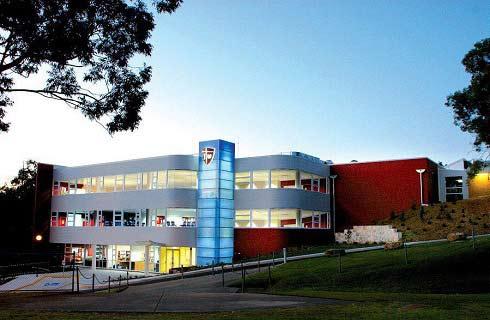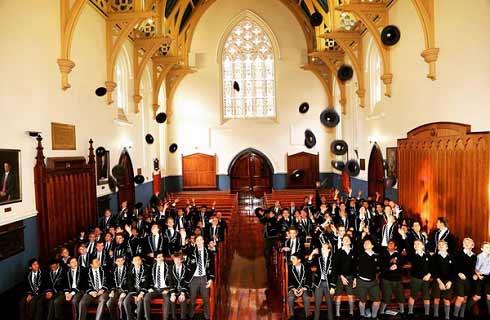人类学文学士
Bachelor of Arts in Anthropology

学历文凭
Bachelor Degree

专业院系
Anthropology

开学时间

课程时长

课程学费

国际学生入学条件
Completion of a high school diploma (or an equivalent) prior to enrollment. English Language Proficiency: Applicants whose first language is not English are required to demonstrate English proficiency in one of two ways: 1. Completing at least two years of full-time study in an English language curriculum prior to submitting an application. 2. Submitting one of the following official test scores. Test of English as a Foreign Language (TOEFL)* (Internet-based test) minimum score of 100 International English Language Testing System (IELTS) minimum score of 7 Duolingo minimum score of 130 To be considered official, all scores must be sent directly from the testing organization. *TOEFL iBT Home Edition will be accepted and TOEFL ITP PLUS will not be accepted.
IDP—雅思考试联合主办方

雅思考试总分
7.0
了解更多
雅思考试指南
- 雅思总分:7
- 托福网考总分:100
- 托福笔试总分:160
- 其他语言考试:Duolingo - 130
CRICOS代码:
申请截止日期: 请与IDP顾问联系以获取详细信息。
课程简介
Anthropology is a discipline that encompasses many subjects of study, all related to understanding human beings and their cultures. A student may organize a major in one or more of anthropology's principal fields or may combine a major in anthropology with one in another discipline. The goal of anthropology is to understand and interpret cultural and biological differences among human societies, both past and present. <br><br>The Department of Anthropology includes diverse offerings in all major subfields of the subject. In archaeology there are courses on the rise and decline of past civilizations and cultures, as well as practical courses that permit students to participate in excavations. In biological anthropology there are courses in human evolution, human nutrition, and on the practice of medicine in our own and other cultures. Cultural anthropology surveys the diversity of world cultures, and offers courses on particular culture areas and provides critical perspectives on the study of contemporary culture changes globally. Social anthropology courses focus upon the study of myth, ritual, and religion among traditional and complex societies and the idea of history as cultural myth.<br><br>We also offer courses that explore the relationships between language, culture, and modes of thought in a number of societies. For those interested in the history of anthropology and its current concerns, there are a number of courses offered, including the art of ethnography and the study of the historical, political, and literary roots of anthropological ideas.
相关申请
 预科
预科 奖学金
奖学金 实习机会
实习机会 在校学习
在校学习 跨境学习
跨境学习 校园授课-线上开始
校园授课-线上开始 在线/远程学习
在线/远程学习
学校排名

世界排名86
数据源:泰晤士高等教育世界大学排名
关于莱斯大学

莱斯大学是西南部最好的大学,在整个南部也只有杜克能与其相提并论。多年来以科学、工程、艺术、人类学闻名,并始终秉承低廉的学费与高水平教学并存的态度。建筑学是全美最好的本科项目之一,同时它的空间物理学科与美国国家航空航天局紧密合作。在梅隆研究员项目中,人文和社会科学专业将与教师导师们合作,共同进行学术项目的研究,同时会提供一定的夏季研究津贴。莱斯大学鼓励学生们选双专业、甚至三专业科学与工程学都是最好的学科,因此,这两门学科的竞争也特别的激烈。学校大概有4%的学生选择了双专业。,而且经常是“电气工程”和“艺术史”这种看起来毫不相干的领域相搭配。生物科学是最受欢迎的学科,其次还有运动学,经济学,心理学和英语。




















 美国
美国










